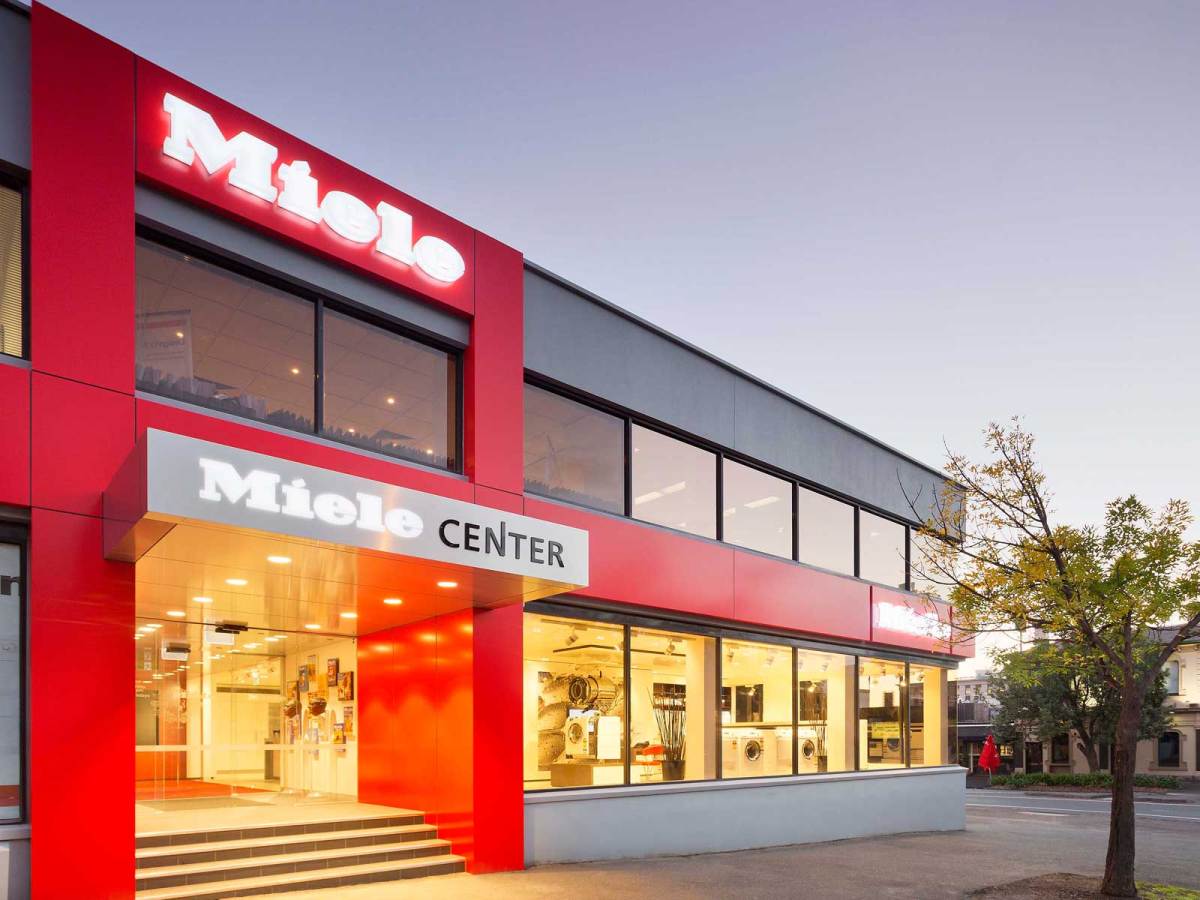Miele Australia managing director Michael Jeanes has today reaffirmed that the company’s decision to switch its sales team from a salaried employee system to a third party agency is not a cost-cutting exercise. Rather than be about saving money, the change is to better serve its retail partners to win the battle on the shop floor.
Jeanes wanted to make it clear that Miele Australia is currently enjoying one of its strongest years, with orders up 12.2 per cent year-on-year, according to the company’s own record keeping, and that this restructure is about providing the most effective support for Miele’s retail partners, known as Chartered Agents, through 2015.
Appliance Retailer has seen sales figures for 2014 showing that, amongst other categories, Miele has excelled in frontload washing machines, condenser dryers, dishwashers and cooking appliances.
The strategic decision to make 33 staff redundant and enlist Melbourne’s based sales agent Demoplus to carry out Miele’s merchandising, training and demonstrations is in anticipation of the rollout of the new T1/W1 premium laundry appliance range, scheduled for February next year. Jeanes said the complexity of this range; which resembles a chemistry kit in that detergents, powder capsules and fragrance discs are all involved; requires a specialist on-the-ground force.
“This is going to be our first major launch of 2015 and most of these changes are being built around that,” Jeanes said.
“Just imagine a situation where you want to get that type of product out on the shop floor with people trained and with demonstration of those cartridges. We had chemists at the products’ launch at IFA in Berlin, showing how cartridges mix the detergent and the bleach to make the perfect wash. It’s quite a complicated message to get across on the shop floor.”
Jeanes said that prior to making this significant change, Miele was struggling to execute the plans drawn up in collaboration with its retail partners, because they didn’t have the head count available to properly service all the Chartered Agents in an area. A leading retailer would call up its Miele account manager to discuss a strategy, covering bases like how many stores are going to have demonstrators, what training needs to take place, what kind of point of sale material is required (and when), and the advertising and cataloguing schedule. Jeanes said Miele and the retailer would draw up a seamless strategy together but the issue in the past has been executing that strategy.
“Now we can have a conversation that goes into execution,” Jeanes said. “How many stores are you going to have displays in? How many people do you need to train and in what period of time? How many people do you want in the stores? And what days do you want them in there, when are your consumers in there? At the moment, if that happens, we have a resource of about seven in New South Wales, and we have to share that around; now we can now say to Demoplus, ‘We need 50 people to execute this campaign’.”
During 2014, only Miele and Fisher & Paykel have spent significant sums on above-the-line brand advertising, a traditionally expensive form of communication, especially if it involved television commercials. The other brands have allocated resources to the shop floor, which is creating fierce competition between labels, one that Jeanes says “is where the battle is going to be won or lost”.
“We’ve got to put people on the ground so we can win that battle,” he said.
This author is on Twitter: @Patrickavenell

